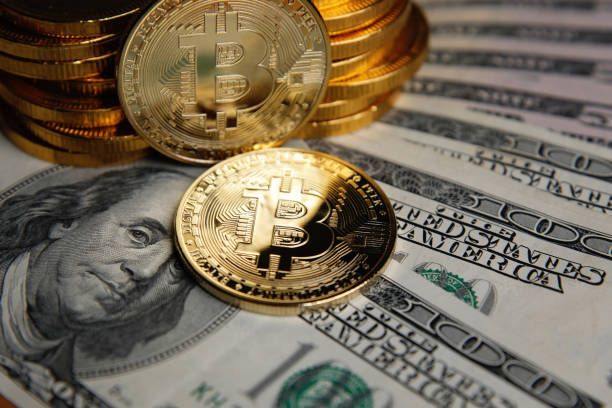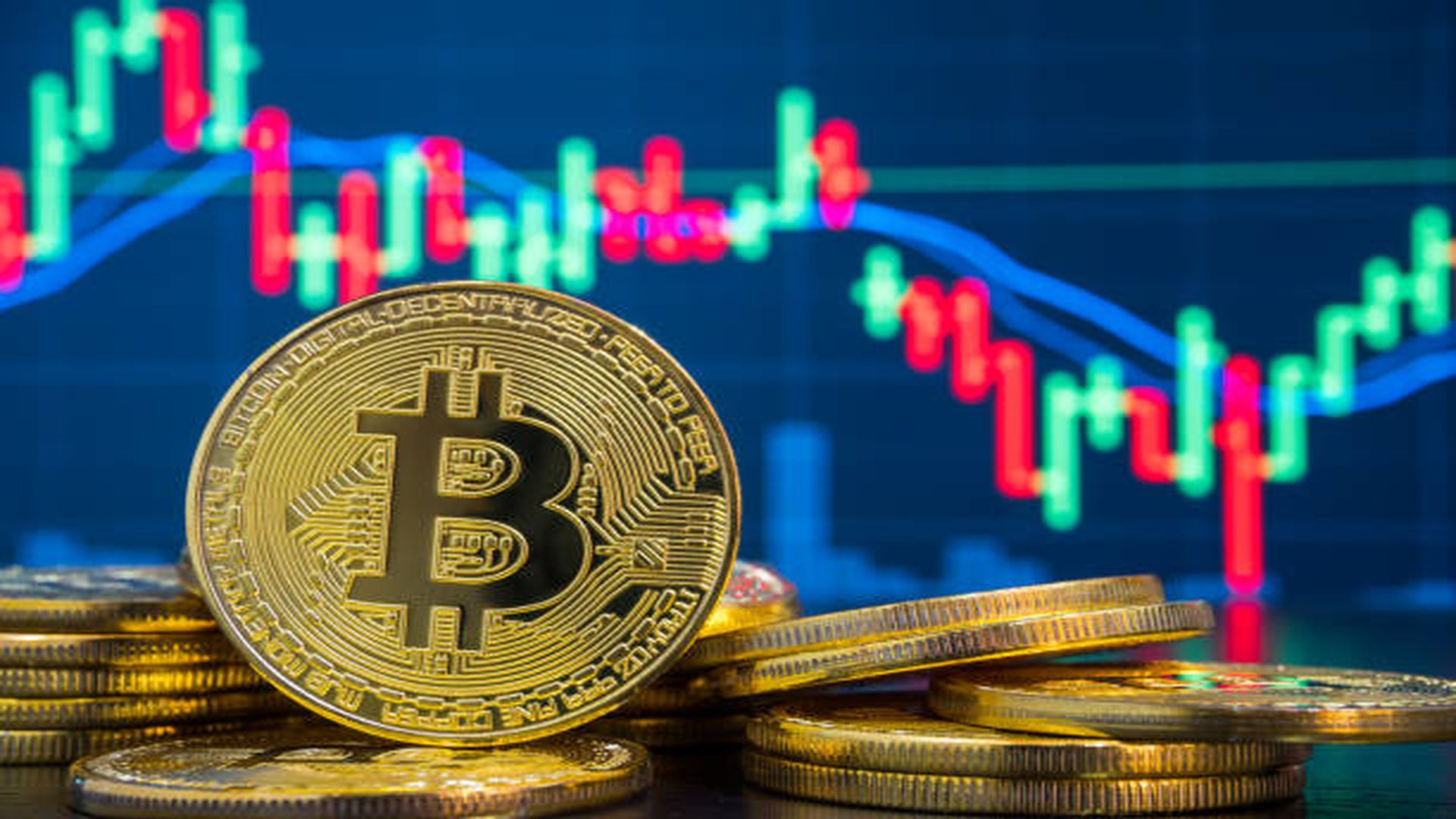Former PayPal CEO Peter Thiel expressed skepticism about the potential for Bitcoin’s (BTC) value to surge considerably from its current price above $60,000. The billionaire, who still owns some Bitcoin but not as much as he should have, is unsure whether the next batch of buyers will come from now since BTC has had its ‘ETF edition.’
He also thinks Bitcoin’s original vision as a cypherpunk, crypto-anarchist freedom tool is yet to be fulfilled. Thiel, the founder of the Founders Fund, told CNBC on June 28:
“I’m not sure it will go up that dramatically from here. We got the ETF edition, and I don’t know who else buys it. It probably still can go up some but it’s going to be a volatile, bumpy ride.”
Previously, Thiel said he was “underinvested” in Bitcoin in October 2021, when the flagship crypto was rallying towards its past all-time high of $69,000, which was set nearly three weeks later.
Nonetheless, Thiel’s Founders Fund has a great history with Bitcoin having made its first Bitcoin investment in 2014 and profiting by $1.8 billion moments before the market collapsed in 2022. Founders Fund then acquired another $100 million in Bitcoin in 2023 when it was trading below $30,000.
Bitcoin Is Not That Cypherpunk
Thiel highlighted that Bitcoin has not turned out as cypherpunk as originally thought.
“Where I’m less convinced is this question of the ideological founding vision of Bitcoin as a cypherpunk, crypto-anarchist, libertarian, anti-centralized government thing.”
That is what Thiel had thought was terrific about Bitcoin when he first came across the biggest cryptocurrency.
But he now thinks Bitcoin does not work in that manner. He recalls that people in the FBI told him that they would much rather have criminals use Bitcoin than $100 bills. This means that maybe it is not quite working optimally the way it was supposed to.
Nevertheless, Bitcoin was designed to operate as a public, permissionless, and decentralized ledger, and transactions were not aimed at being entirely untraceable like Monero and several other privacy-focused networks. Bitcoin is consolidating between $60,000 and $61,000 after a recent plunge below $59,000.
Bitcoin And Altcoins Failed To Rally Despite US Inflation Cooling Off
Investors’ risk appetite seems to increase with a lower cost of capital and increased liquidity, creating a favorable scenario for most high-growth assets. Consequently, Bitcoin and other cryptos often benefit from these conditions, as more money in circulation normally increases demand. Nonetheless, if the US inflation seems to be under control, why isn’t the crypto market reacting positively?
For many years, traders and analysts have stated that cooling inflation would benefit the crypto market, yet the prices are still significantly down.

Interest Rate Cuts Affect Corporate Earnings And Real Estate Markets
The United States Federal Reserve keenly monitors the job market, inflation, and the value of the US dollar to adjust its policies appropriately.
When inflation moves towards the Fed’s 2% target, it creates room for reducing interest rates and injecting liquidity by offering banks the essential capital, mostly when the economy shows various signs of weakness. The movement, known as expansionary, decreases incentives for fixed-income investments.
The most recent data released by the Federal Reserve’s preferred inflation indicator confirmed a deceleration in inflation for May. During this time, price surges registered their slowest growth since March 2021, marking the initial happening within the economic cycle that inflation exceeded the Fed’s 2% target.
The core Personal Consumption Expenditures (PCE) index, which excluded food and energy costs, increased by 2.6% year-over-year in May, aligning with the economists’ projections.
On that note, San Francisco Fed President Mary Daly commented to CNBC’s Andrew Ross Sorkin in a recent interview:
“It is just additional news that monetary policy is working, inflation is gradually cooling.”
Furthermore, the U.S. Bureau of Economic Analysis published that personal income increased by 0.5% monthly, exceeding the expected 0.4%. On the flip side, consumer spending increased by 0.2%, slightly below the anticipated 0.3%.
Earlier in 2024, market traders had expected at least three interest rate reductions; nonetheless, current forecasts have adjusted to just two, expected to start in September. The chief global strategist at Principal Asset Management, Seema Shah, told CNBC that another declaration in inflation, mainly coupled with more evidence of labor market softening, will be essential to pave the way for a first rate cut scheduled for September.
The latest US inflation data, coupled with a 4% unemployment rate and personal income growth, pushed the S&P 500 to hit an all-time high on June 28. Yet, the total crypto market cap is down from its 2026 peak on March 14. Even gold, normally considered a hedge asset, is trading 5% below its all-time high set on May 20.
